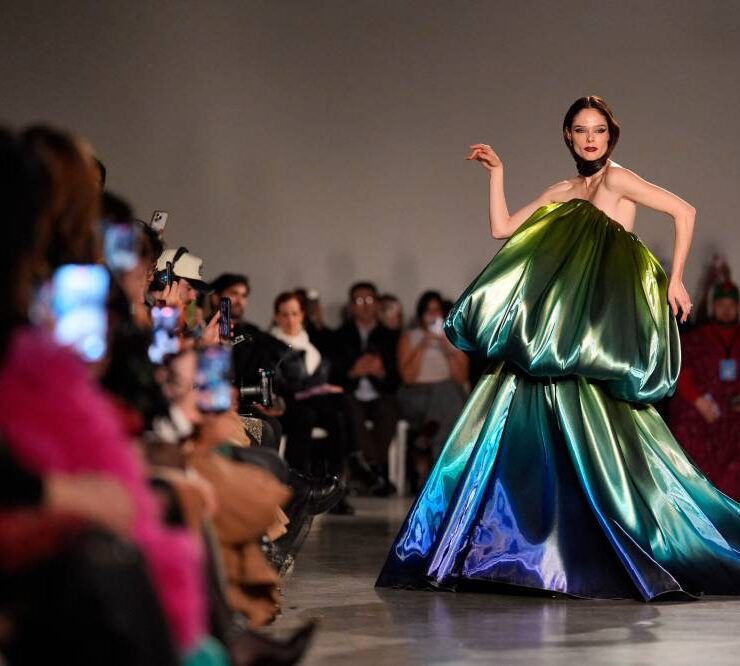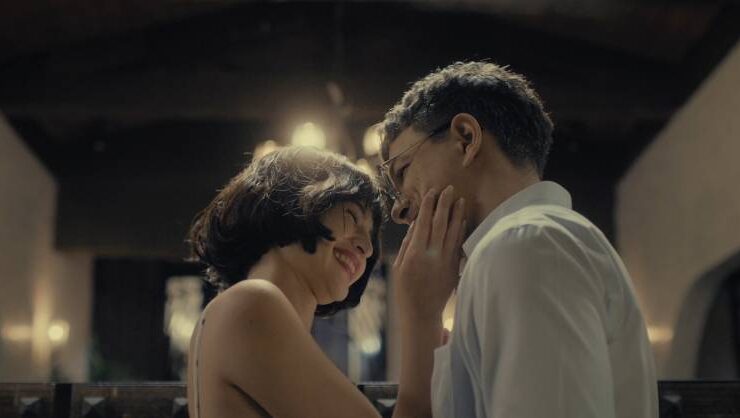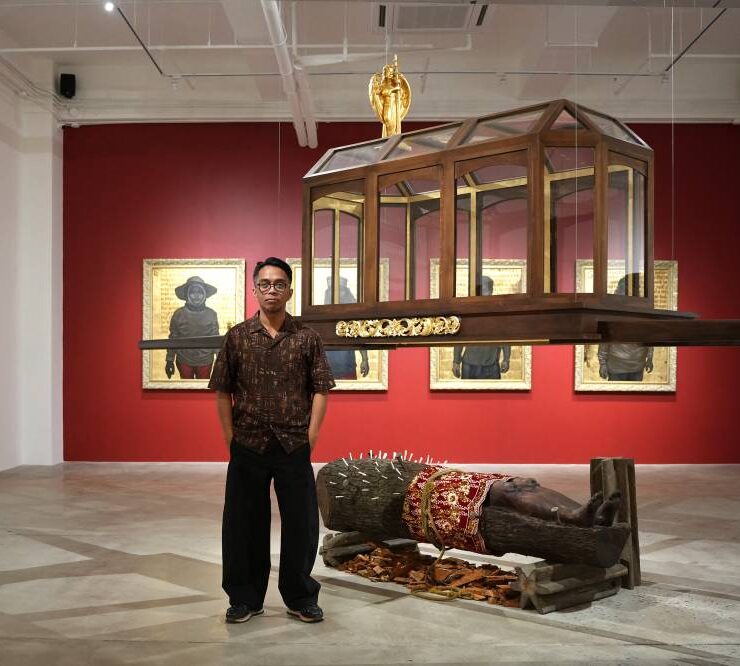To spark a conversation: Antoinette Jadaone hopes that her new film ‘Sunshine’ starts a discussion
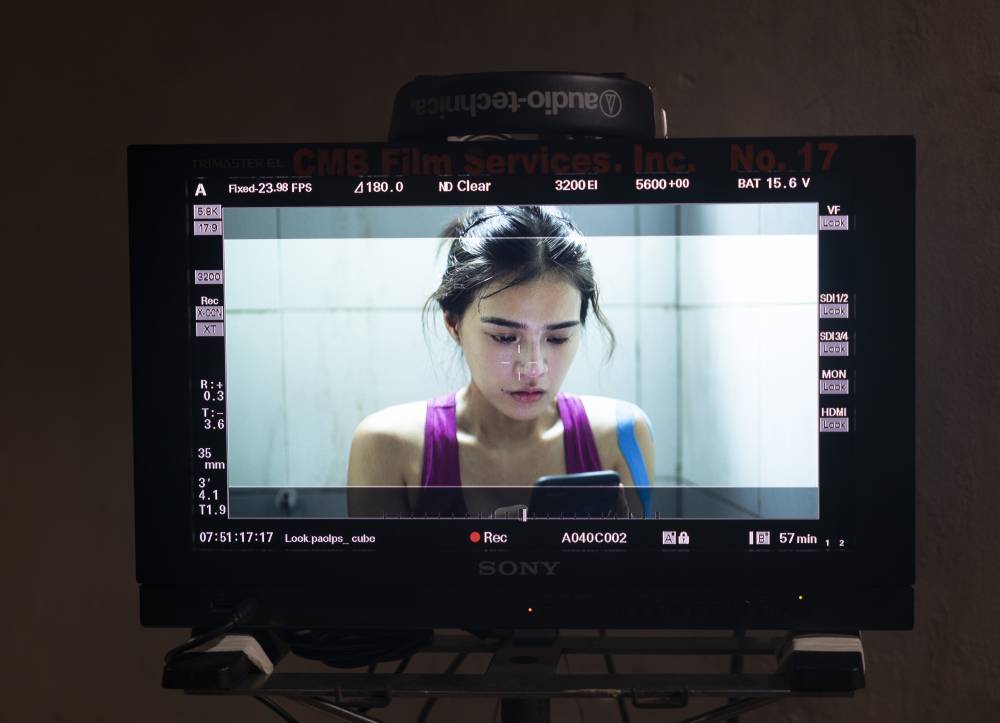
On July 23, director and screenwriter Antoinette Jadaone will finally screen her critically lauded and award-winning film “Sunshine” to a Filipino audience. The film about a young gymnast who has a shot at competing at the Olympics only to discover she’s pregnant made its world premiere at the Toronto International Film Festival last year. It made the festival rounds, screening at Palm Springs, Germany, Italy, and Taiwan. It even won the Crystal Bear for Best Film Generation 14plus at the Berlin International Film Festival.
With the marketing of the film’s local premiere dubbed “Sunshine comes home,” fan and critic-favorite Jadaone brings her unapologetic, hard-hitting film about teen pregnancy and reproductive justice to her home country.
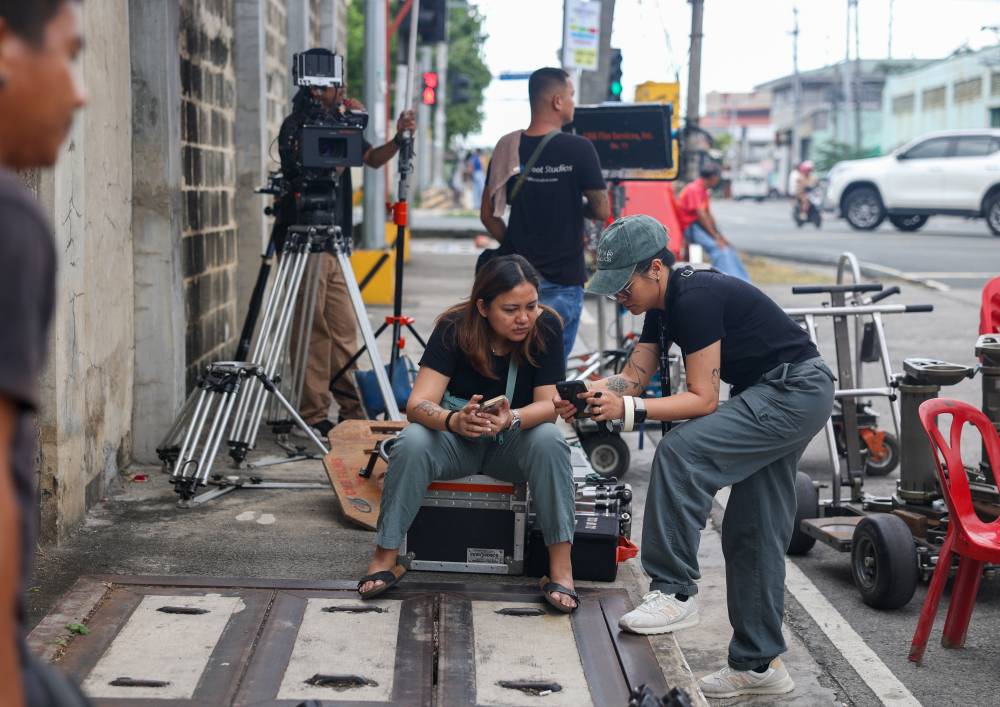
Starring Maris Racal in the title role, Jadaone serves a powerful narrative that brings us into the dark and frightening world of underground abortions and black market abortifacients. Much like many of Jadaone’s past work, her film involves a journey narrative—“That Thing Called Tadhana” where her protagonists travel from the Manila International Airport to Sagada, while in “Fan Girl,” her lead character jumps into the back of a celebrity’s pick ups and takes a trip away from everything familiar into an abandoned mansion with a toxic man—but this journey involves the streets of Manila as Racal’s “Sunshine” must reconcile with the choice she is making for herself and all the consequences that come with it.
While films are popular for their ability to entertain and provide an escape, their allure heavily utilized by capitalist forces, a film like “Sunshine” pushes against that sensibility to make full use of movies’ ability to spark conversations and start discussions. What Jadaone does through Sunshine is to put a face and a story to countless women who find themselves pregnant and not ready to be responsible for the life of the child that it would be.
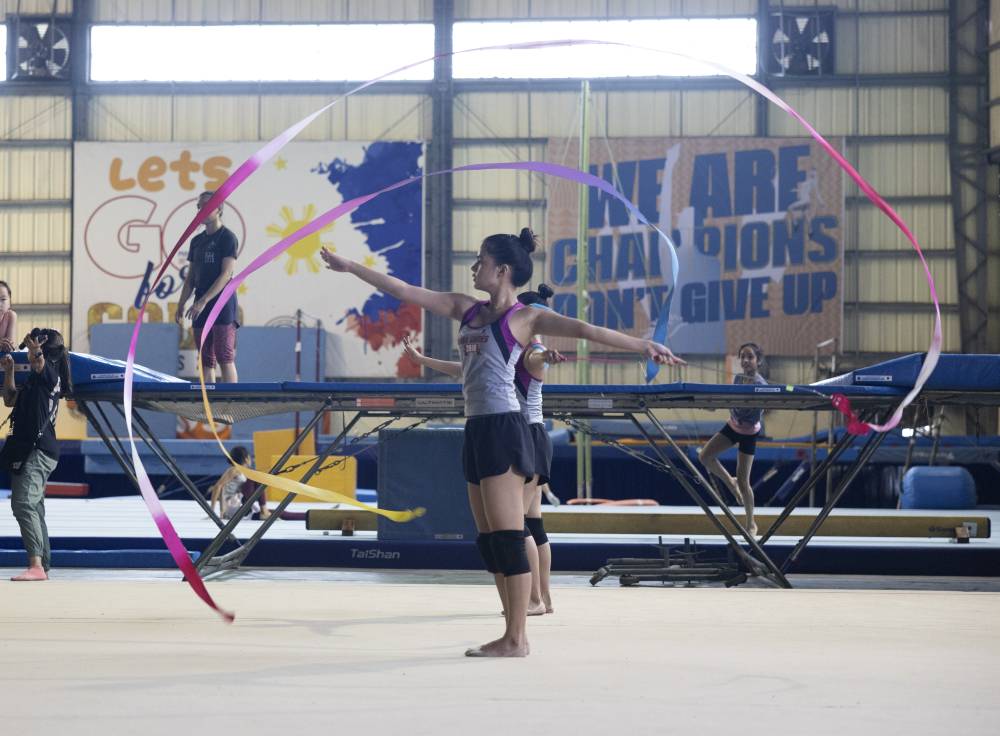
Studies have proven that statistics and faceless numbers make no emotional appeal to the people in power to make policy changes that give women the autonomy to make choices that affect their bodies and their future. A quick Google search shows that the Philippines is the country with the second highest teen pregnancy rate in Southeast Asia. According to a survey by Save the Children Philippines, in 2023, 500 young women aged 15-19 became mothers each day. But the numbers and the studies won’t be enough to initiate change in our country’s predominantly conservative views.
This is where the power of film steps in. Through “Sunshine,” we see a world where men can easily wash their hands clean of any responsibility while the onus is left to the woman. Jadaone is sure to show us that Sunshine has a great chance at qualifying for the upcoming world championships and a shot at the Olympics. Does Sunshine have to give this all up just because some guy didn’t want to use a condom and said he’d pull out?
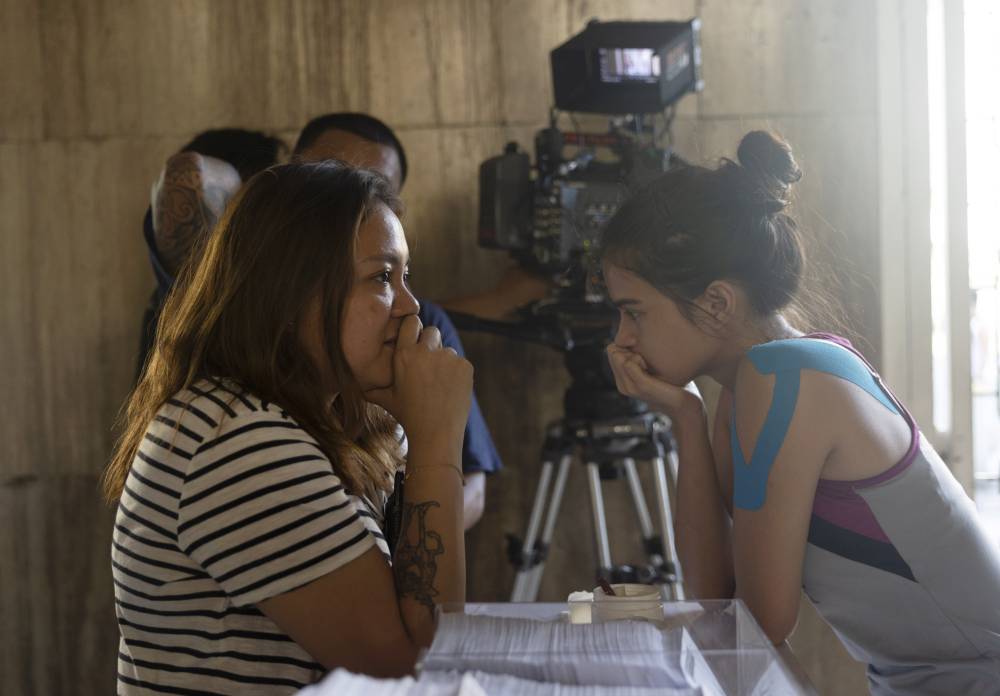
Through Racal’s nuanced performance—she builds up her defenses and shows a tough exterior, yet she’s vulnerable and crumbling inside; a fantastic performance—these issues start to come to the forefront of the discussion. This is when movies go beyond the realm of entertainment. Here, with Paolo Orendain’s exquisite cinematography and Benjamin Tolentino’s heartfelt editing, the film is a work of art that allows us to reflect and reevaluate the way our society treats women’s issues so callously.
Jadaone shares that she was touched that the foreign audiences responded so openly to the movie. “They cried,” she says, stating that even if the story is deeply rooted in the Filipino experience, the issues of women are “a global issue.” It’s a universal one.
The ending is quite revelatory and possibly liberating for a lot of women, but I am expecting some blowback. When asked whether she’s ready for it, Jadaone says, “I made this film to start the conversation. If there’s blowback, I’m okay with that because that’s what we want: a discussion. As a conservative country, we don’t talk about these issues. I want to break that stigma. I want people to talk about this movie.”















